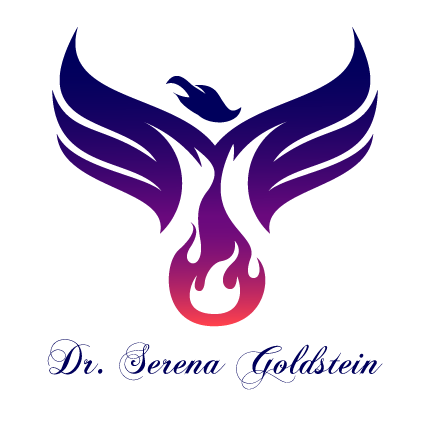Gut Health, Hormones, and What to Do Next
GUT HEALTH MATTERS! Your gut, often referred to as the “second brain,” is home to trillions of microorganisms that make up the gut microbiome. In fact, our gut bacteria weighs about 4 pounds! This community of bacteria, fungi, and other microbes plays a significant role in digestion, immunity, and even mood regulation.
Hormones, namely estrogen, and cortisol (our stress hormone) can affect the lining too of our gut, which can contribute to food allergies and/or intolerances, as well as even overall digestive issues. In addition, recent studies have shows that most of melatonin, our sleep hormone, is made in the gut (about 400 times more!). A good night’s sleep can also help regenerate all these hormones as well, so truly optimizing the body overall is definitely noted.
Here’s how the food you eat impacts your gut health and, consequently, your hormones:
Fiber and Prebiotics:
Foods rich in fiber, such as vegetables, fruits, legumes, and whole grains, provide prebiotics, which are the food sources for beneficial gut bacteria. A diet high in fiber supports a diverse and balanced gut microbiome, which is critical for hormone regulation. For instance, a healthy gut microbiome can help regulate the production of hormones like serotonin (which affects mood) and influence the metabolism of hormones like estrogen. Aim for about 20-25 grams per day.
Gut-Brain Axis:
The gut and brain are connected via the gut-brain axis, a communication network that links your central nervous system to your gut. This connection explains why gut health can significantly influence mental health and stress levels, which are closely linked to cortisol and other stress-related hormones. Consuming gut-friendly foods like fermented foods (e.g., dairy-free yogurt, kombucha, sauerkraut) can enhance this connection and support a balanced stress response.
Inflammation Reduction:
A diet rich in anti-inflammatory foods such as leafy greens, berries, nuts, and fatty fish can reduce chronic inflammation in the gut. Chronic inflammation is a significant disruptor of hormone balance, contributing to conditions like insulin resistance (aka blood sugar issues) and thyroid dysfunction. By lowering inflammation, these foods help create an environment where your hormones can function optimally.
Detoxification and Estrogen Balance:
Cruciferous vegetables like broccoli, cauliflower, and Brussels sprouts contain compounds that support the liver's detoxification processes, including the breakdown of excess estrogen. Efficient detoxification is essential for hormone balance, especially in preventing estrogen dominance, which can lead to issues like weight gain, mood swings, and irregular periods.
Your diet, and especially eating in a calm and relaxed state of mind, directly influences hormone production, regulation, and metabolism.
Incorporating healthy foods into your diet is one of the most effective ways to support gut health and hormone balance. By focusing on a diet rich in fiber, healthy fats, proteins, and micronutrients, you create a foundation for a healthy gut microbiome and balanced hormones. This not only helps prevent and manage hormonal imbalances but also promotes overall physical and mental well-being. Remember, what you eat truly does influence every aspect of your health, from your gut to your hormones and beyond into prevention.
And if you’re interested in discovering more of what it means to have guidance around food you enjoy, listening more closely to your diet, as well as freedom to also have foods you enjoy, then let’s find a time to chat!
